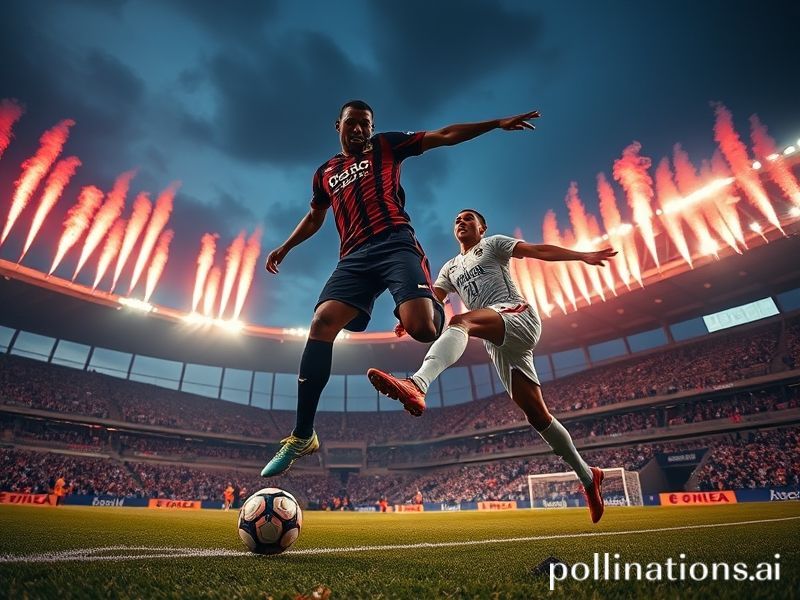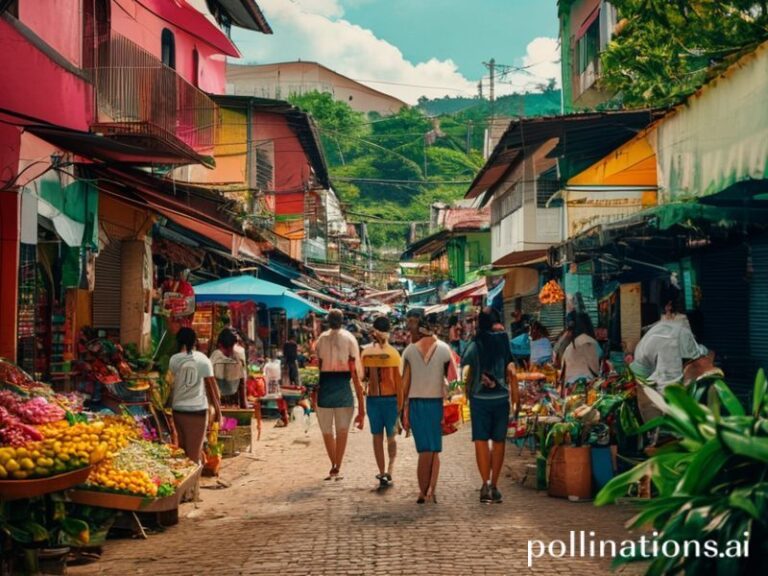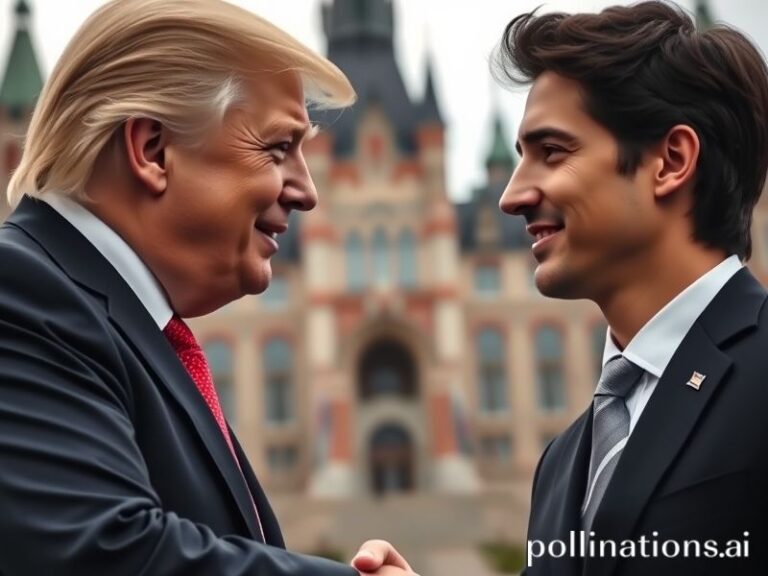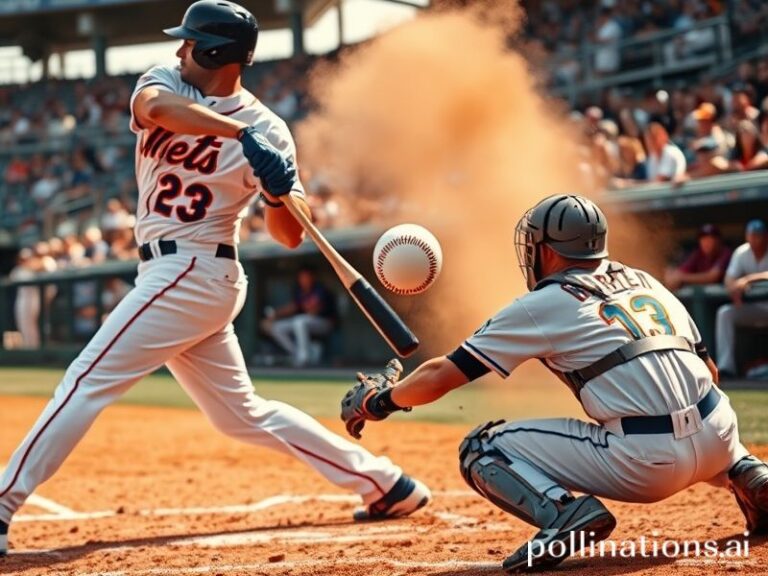Vasco vs Bahia: The Brazilian Derby That Briefly Unites a Fractured Planet
Vasco da Gama vs Bahia: When Two Brazilian Clubs Try to Solve the World’s Problems with a Football
Rio de Janeiro – On paper, it’s just another Campeonato Brasileiro fixture: Vasco da Gama, the Rio side whose glory days echo like a tango in an abandoned ballroom, versus Bahia, the northeastern outfit whose last national title predates the fall of the Berlin Wall. Yet on Sunday night, the Maracanã will host something that looks suspiciously like geopolitics in cleats. While diplomats in Geneva argue over commas in climate communiqués, 60,000 Brazilians will attempt to reorder the global balance of anxiety via 90 minutes of orchestrated chaos. Someone should tell the UN it’s cheaper.
Let’s zoom out. Brazil exports iron ore, soybeans, and a peculiar brand of hope packaged as football. When Vasco and Bahia collide, the commodity on display is catharsis—an export that travels faster than Brazilian beef and leaves fewer carbon footprints, though roughly the same amount of blood. From Lagos to Lisbon, insomniac fans will stream the match on phones balanced atop late-night shawarma stands, proving that the world’s true lingua franca is the expletive hurled at a referee in HD.
Global supply chains are fragile; global outrage supply chains are indestructible. Vasco’s ultras, the Força Jovem, have already arranged to import 300 Argentinian flares—because nothing says South-South cooperation like smuggling incendiaries past customs. Meanwhile, Bahia’s supporters, the Esquadrão de Foguetes, will retaliate with a choreographed tribute to the Palestinian flag, reminding us that every regional derby is now contractually required to solve the Middle East.
Bookmakers in London—those ever-cheerful bookkeepers of human folly—list the match as a “medium-risk, high-volume” event, which is financial jargon for “we have no idea, but we’ll happily take your quarantine savings.” Cryptocurrency exchanges in Singapore report a 17 % spike in bets placed via Dogecoin, presumably because nothing screams fiscal prudence like wagering meme money on a goalkeeper’s hamstring.
The geopolitical subtext thickens. Vasco’s shirt sponsor is a fintech promising to “democratize credit,” a phrase that in any other hemisphere would trigger a congressional hearing. Bahia’s chest advertises a delivery app whose couriers, underpaid and over-oxygenated, are striking this week for hazard pay. The teams will literally run around advertising the very inequalities their fans are protesting outside the stadium gates—late-stage capitalism performing a halftime show for itself.
European scouts lurk in the stands like vultures wearing Patagonia gilets. One exquisite rabona and your cousin from the favela is on a private jet to Lisbon, where he’ll spend the winter learning to say “tax haven” in five languages. The global talent vacuum cleaner is switched to high; meanwhile, back in Salvador, Bahia’s youth academy can’t afford new goalposts, so they train with two broomsticks and a prayer. Progress, like offside calls, is relative.
At the 74th minute, when the score is 1-1 and the referee remembers he left his glasses in the dressing room, a collective sigh will rise from the Pacific coast of Chile to the Atlantic shores of Angola. Statisticians tell us this is the exact moment global anxiety peaks, beating even the instant Elon Musk tweets. Economists call it externalities; the rest of us call it Tuesday.
And yet, for all the cynicism, the match will still produce something diplomats rarely manage: a shared timestamp. From Tokyo’s dawn markets to New York’s brunch queues, millions will glance at their phones and see the same 90-minute rectangle of green. In a world atomized by algorithms, that flicker of simultaneity is a small, stubborn miracle—like finding a working payphone, or a politician without a shell company.
Final whistle. The score? Irrelevant. Vasco fans will claim moral victory; Bahia fans will claim systemic bias. Both sets of supporters will exit the stadium arguing about VAR, which is the closest humanity has come to a universal religion. Somewhere in the chaos, a child will pocket a stray ball and decide to keep playing tomorrow. If that isn’t soft power, I don’t know what is.
Meanwhile, the planet keeps warming, the debt keeps ballooning, and the rich keep getting stadiums named after them. But for one night, the world’s problems are distilled into 22 millionaires chasing leather under floodlights. And honestly? Compared to the G20, that’s an upgrade.







